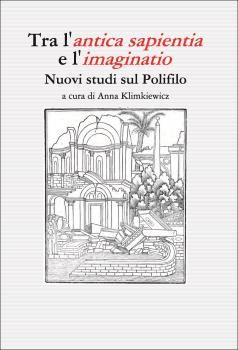Appunti sulla lingua del Polifilo e la sua (s)fortuna .......... 11
Streszczenie
Muovendo dai dati acquisiti dalla critica e da dichiarazioni interne all’Hypnerotomachia (compresi i testi di accesso) il saggio riepiloga i principali tratti della lingua del romanzo, un volgare iperculto, solo idoneo, nell’intenzione dell’autore, a rendere il lettore partecipe di un percorso iniziatico tra enigmatiche visioni antiquarie. Nell’ambito delle discussioni sulla lingua, così vivaci tra Quattro e Cinquecento, l’Hypnerotomachia può rappresentare l’esito estremo di un diffuso orientamento verso la nobilitazione del volgare attraverso la massiccia immissione di latinismi, ben vivo soprattutto tra i sostenitori della cosiddetta ‘lingua cortigiana’, i quali producono esercizi di scrittura certo più misurati, ma pur confrontabili con la lingua dell’Hypnerotomachia (in particolare il romanzo di Iacopo Caviceo, Il peregrino). La predilezione per i vocaboli rari della tarda latinità, di Apuleio soprattutto, trova inoltre supporto nella tradizione lessicografica fino al Cornucopiae del Perotti e nella scrittura latina del Beroaldo e della sua scuola. Ma, quando la questione della lingua si avvia verso la soluzione bembiana e si afferma l’autonomia del volgare, la lingua del Polifilo viene recepita come lingua parodica: se trasferita da lingua preziosamente libresca a lingua parlata non si può non sottolinearne l’intollerabile ‘affettazione’ (come nella nota citazione del Cortegiano), lingua stoltamente iperculta che finisce per caratterizzare il pedante della commedia, e, attraverso i Cantici di Camillo Scroffa, diventare lingua ‘fidenziana’.





